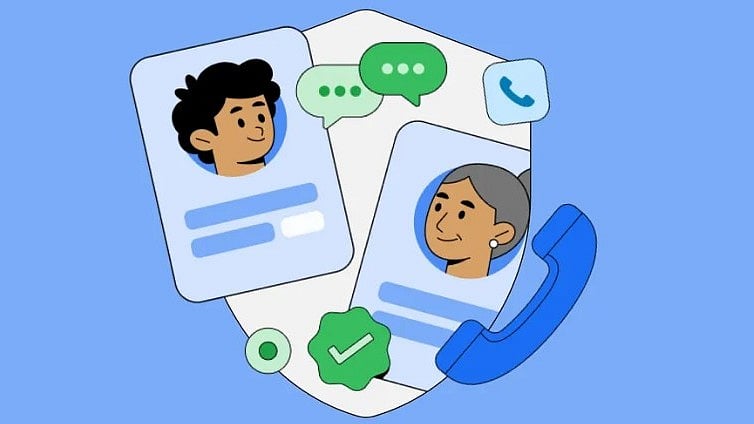
Safe search on Google.
Credit: Google
Search engine giant Google has announced the use of advanced machine learning technology to detect users' age online.
Users, particularly children, in a bid to access social media platforms and other content online, provide fake age information. If they succeed, they are at risk of coming across age-inappropriate content and may fall prey to predators as well.
For the past several years, Google has put in efforts to protect children using the SafeSearch Filter, restricting sensitive ad content, and age-restricted content on YouTube and Google Play. It has also incorporated teen wellbeing protections on YouTube and additional safeguards in generative AI experiences.
But, with each passing year, new threats are emerging. So, Google is further enhancing the privacy security of people under 18 with machine learning tech for age estimation and blocking access to harmful content online.
Further, Google will offer more control to parents to curb children's screen time on Android phones and tablets so there is less distraction.
It will soon roll out the new parental control feature School Time to the Family Link app. With this, parents can automatically limit or adjust phone functionality and restrict app access during school hours.
Also, parents will be able to add contacts directly to their child’s device and choose to limit phone calls and text conversations to only these contacts. These parent-approved contacts can help in protecting the children from threats like predators online.
And, for fitness and educational purposes, Google will be bringing improvements to Fitbit Ace LTE and Samsung Galaxy Watch for Kids, YouTube Kids. Also, it intends to offer supervised experiences and Gemini for teens both at home and school.
In the coming months, Google also offer an option for parents to approve or remove bank cards on the Google Wallet app on Children's Android phones to control spending. Initially, kids can add things like gift cards and event tickets.
The new features will be first made available in the US and are expected to be expanded to more regions worldwide later this year.
"We will continue to invest in technologies that help protect and empower kids and teens across all of Google’s platforms, and we’re also committed to working with stakeholders around the world to help advance smart and strong policy approaches for keeping youth safer online," said Jen Fitzpatrick, Senior Vice President, Core Systems & Experiences, Google.
Get the latest news on new launches, gadget reviews, apps, cybersecurity, and more on personal technology only on DH Tech
